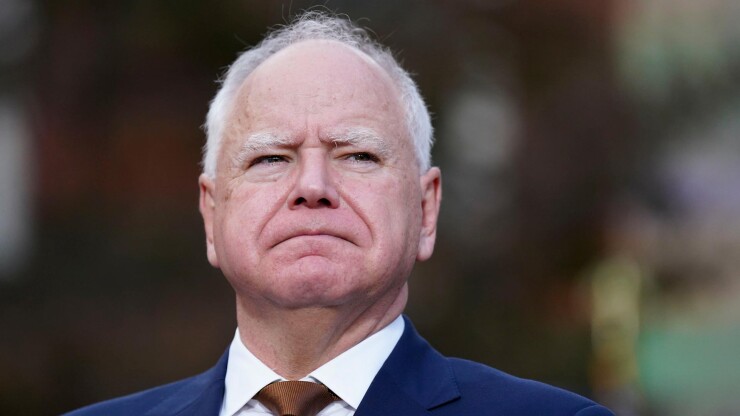
In a Monday special session that went late into the night, the Minnesota legislature passed a $66 billion budget for 2026-27 that includes a $700 million bonding bill.
The bonding bill authorized a total of $727.365 million of new bonds. They will all be state general obligation bonds, said Patrick Hogan, communications director for Minnesota Management and Budget.
The authorized bonds will be sold over the next three to five years, depending on when the projects need money to pay their contractors, Hogan said.
"This year's bill included strong investments in our state's assets which significantly reduces future costs and avoids negative impacts on service delivery to Minnesotans," he said. "The bill also included a robust funding package for water and transportation infrastructure. These investments will ensure communities have access to safe roads, bridges, and drinking water while providing employment opportunities across the state."
The
There's also $44 million for natural resources, including flood hazard mitigation, reforestation, and recreational assets preservation. And there's $67 million for public safety, which includes the costs of a new Bureau of Criminal Apprehension building in Mankato.
The $80 million for transportation includes funding for the local road improvement program, local bridge replacement program, highway rail grade crossings and the rail service improvement program. And the $62.5 million for direct care and treatment will cover asset preservation and the construction of a new mental healthcare facility in Anoka.
The bill authorizes $176 million for the public facilities authority, which includes state matching funds for federal grants to state revolving loan programs and funding for grants under the water infrastructure funding program, point source implementation grants program and emerging contaminants grant program.
The budget was a compromise between the Democratic-Farmer-Labor party, which controls the upper chamber of the legislature, and Republicans. Control of the state House is split between the DFL and Republicans.
"Minnesota is proving that we can still come together and get things done for the people we serve," DFL Gov. Tim Walz said in a statement shared with The Bond Buyer. "With the most closely divided legislature in the country, we passed the largest reduction in state spending in state history and protected the things that make Minnesota the best state in the country to raise a child."
Walz pointed to universal school meals, paid family and medical leave, tax cuts for seniors and investments in child care and infrastructure. And he said he "look(s) forward" to signing the budget into law.
Cut from the budget in the final hours were healthcare for undocumented immigrant adults and a transportation sales tax that would have funded bus rapid transit in the Twin Cities metro area,
Included were a cannabis tax increase from 10% to 15%; an increase in per-pupil funding for K-12 students; cuts to Medicaid's long-term care waivers, which let people with disabilities get care at home; a cap on the reimbursement rate for nursing homes; and some tax breaks for big data centers.





